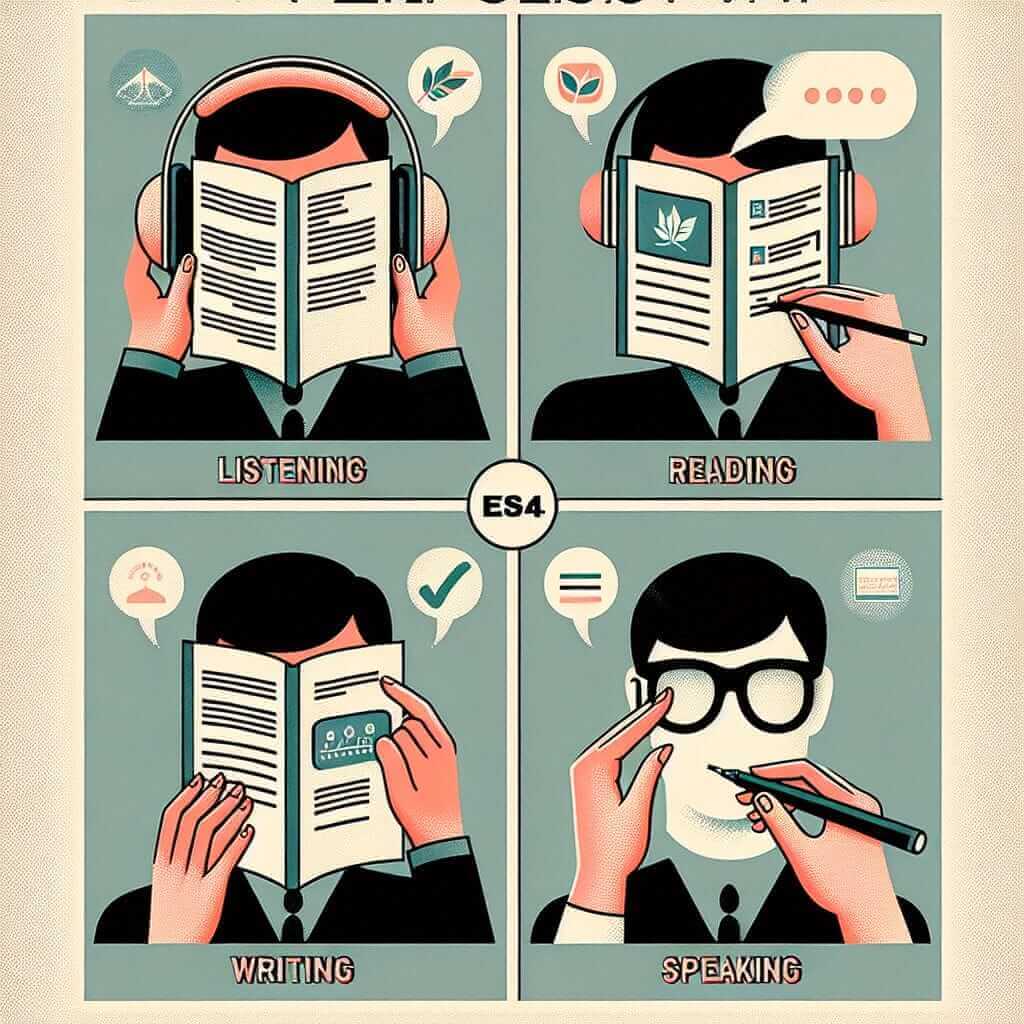As an IELTS instructor with over two decades of experience, I often encounter questions about the IELTS exam itself, with one recurring query being, “What country started the IELTS?” Understanding the origins and evolution of this globally recognized English proficiency test can provide valuable context for test-takers. So, let’s delve into the history of the IELTS and explore its significance in today’s world.
The Birthplace of a Global Exam
The IELTS, or International English Language Testing System, didn’t originate from just one country. It was the result of a collaborative effort between the United Kingdom and Australia. Back in the 1980s, the need for a standardized, reliable English language assessment became increasingly apparent, leading to the development of the IELTS in 1980.
The key players involved were the British Council, IDP Education Australia (then known as IELTS Australia), and the University of Cambridge Local Examinations Syndicate (UCLES). These organizations joined forces to create an exam that would accurately assess the English language skills of individuals seeking to study or migrate to countries where English is the primary language of communication.

Why the IELTS was Created
The IELTS was specifically designed to assess non-native English speakers’ proficiency in four key language skills:
- Listening
- Reading
- Writing
- Speaking
This comprehensive approach set it apart from other English language tests at the time and contributed to its widespread adoption.
Evolution and Global Recognition
Since its inception, the IELTS has undergone several revisions and updates to keep pace with evolving language assessment standards and changing global needs. The introduction of the IELTS computer-based test format in recent years is a testament to its adaptability and commitment to providing accessible testing options for candidates worldwide.
Today, the IELTS is accepted by over 11,000 organizations across 140 countries, including universities, colleges, government agencies, and professional bodies. Its global recognition speaks volumes about its reliability and validity as a measure of English language proficiency.
Tips for IELTS Success
While knowing the history of the IELTS might not directly impact your score, understanding its evolution and significance can provide valuable context and motivation for your preparation journey.
Here are a few tips to ace your IELTS:
- Familiarize yourself with the test format: Understanding the structure and content of each section is crucial for effective preparation.
- Practice regularly: Consistent practice is key to improving your English language skills and building confidence.
- Seek professional guidance: Consider enrolling in an IELTS preparation course or working with an experienced tutor to refine your skills and receive personalized feedback.
Conclusion
The IELTS, born from the collaborative efforts of the UK and Australia, has become the world’s most popular English language proficiency test. Its journey reflects the growing global importance of English communication and the need for accurate and reliable assessment tools. As you embark on your IELTS preparation, remember that thorough understanding, consistent effort, and expert guidance are your allies in achieving your desired scores.